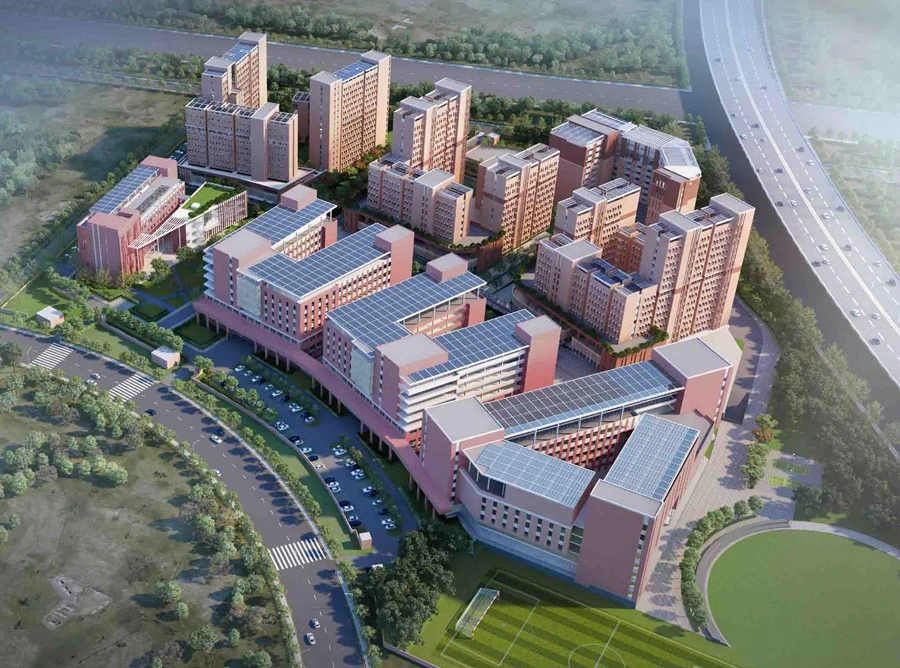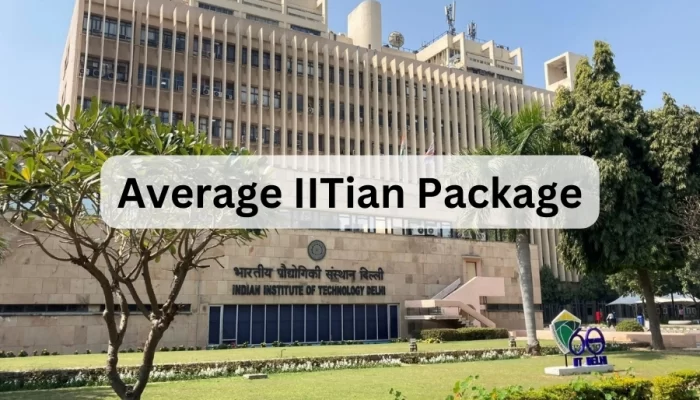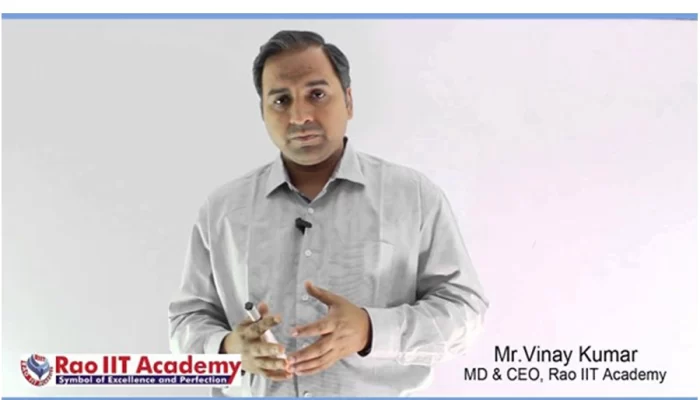Transforming Indian Education for Global Competitiveness – insights by Ashoka University Founders
Vineet Gupta, one of the Ashoka University Founders, emphasizes the need for a paradigm shift, stating, “To foster global competitiveness, we must align our educational framework with the demands of the modern workforce. This requires promoting critical thinking, creativity and problem-solving skills.”

Education forms the backbone of a nation’s progress and global competitiveness. In the case of India, a country with a burgeoning population and a growing need for skilled professionals, driving transformation in its education system is of paramount importance. To effectively address this challenge, Ashoka University’s Founders believe that all key stakeholders must collaborate to bring about innovative reforms and enhance the quality of education across the country.
The Need for Transformation
India boasts a vast pool of talent, but the education system needs to evolve to meet the demands of the 21st century. As per the Annual Employability Survey 2019 report by Aspiring Minds, 80% of Indian engineers were found unfit and unequipped for any job in the knowledge economy. Moreover, a mere 2.5% of them had the technological skills in Artificial Intelligence (AI) that industry demands in today’s world. This statistic underscores the urgency of transforming the education system to produce industry-ready professionals.
Vineet Gupta, one of the Ashoka University Founders, emphasizes the need for a paradigm shift, stating, “To foster global competitiveness, we must align our educational framework with the demands of the modern workforce. This requires promoting critical thinking, creativity and problem-solving skills.”
Also read: Vineet Gupta Ashoka University Co-Founder on India’s need to have more universities like Ashoka
Collaboration for Innovation
Driving transformation requires collaboration between educational institutions, government bodies, and industry leaders. An example of successful collaboration is the partnership between industry and academia to bridge the skills gap. Sridhar Vembu, Founder and CEO of Zoho Corporation, stressed the need for industry-academic collaboration to help India become a developed nation by 2047. He states, “Industry-academia collaboration is essential to provide students with practical skills that align with industry requirements. This will enhance their employability and contribute to the nation’s global competitiveness. For a nation to become a world leader, revamping the education system to cater to innovation and creativity is crucial.”
Furthermore, initiatives like the Atal Innovation Mission, launched by the Government of India, foster innovation and entrepreneurship in schools. Such programs encourage students to think innovatively and develop problem-solving skills from an early age. As quoted by N. R. Narayana Murthy, co-founder of Infosys, “A reorientation of the Indian education system is essential to direct students towards creating an entrepreneurial mindset and critical thinking while preparing them for the challenges of the future. Rote learning method should be done away with, and education must focus on solving real-world issues.”
Adapting to Technological Advancements
In the digital era, leveraging technology is crucial to transform the education system. Digital platforms and online learning have gained significant momentum, especially during the COVID-19 pandemic. Remote learning has become a necessity, and technology has emerged as a powerful enabler. Digital tools can enhance access, equity and quality in education. Ashoka University Founders emphasize on embracing experiential learning methods that can bridge the gap between theoretical knowledge and real-world applications, nurturing future leaders. Ashoka University is a pioneer in equipping its students with a research orientation and practical skills using a liberal education pedagogy.
“Embracing technology will lead to a more inclusive and globally competitive education system, enabling the Indian education system to compete in the rapidly evolving scenario of the future. We at Ashoka believe in investing in the professional development of our faculty and empowering them with modern teaching methodologies, which is essential for driving transformation in the Indian education system,” adds Pranav Gupta, one of the founders of Ashoka University.
India can create a robust ecosystem that nurtures competent professionals capable of thriving in the global landscape by fostering industry-academia partnerships, promoting practical skills and leveraging technology. It is only through concerted efforts that India can unlock the full potential of its education system and pave the way for a prosperous future.
As Gupta rightly puts it, “A transformed education system will not only equip students with the necessary skills but also instil in them a thirst for knowledge, resilience and adaptability, enabling them to lead India’s journey towards global excellence.”
Also read: Best Liberal Arts Colleges in India – Paving way for $5 Trillion Economy Goal









